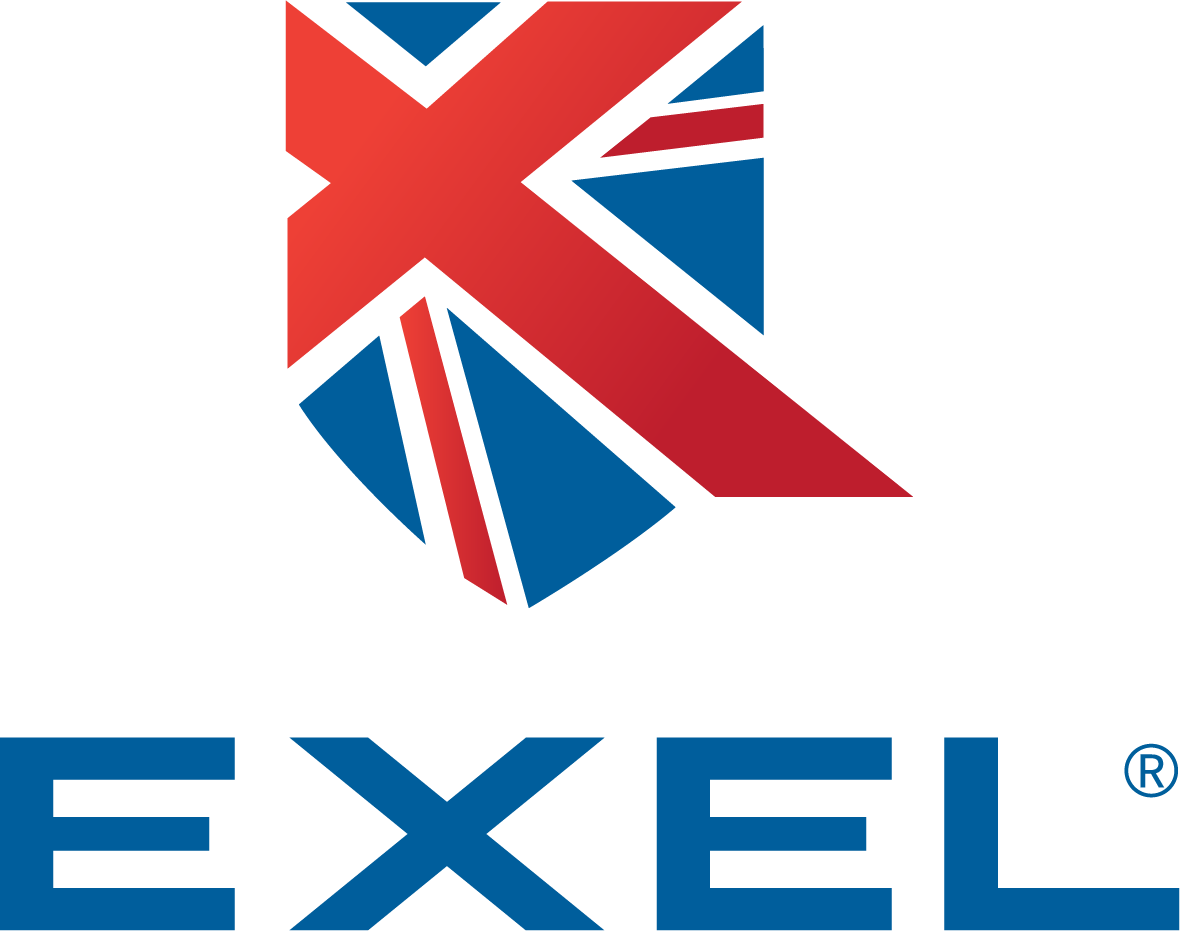News
Leveraging ERP Data for Strategic Decision-Making
In an increasingly data-driven world, strategic decision-making hinges on timely, accurate insights. Enterprise Resource Planning (ERP) systems are no longer just back-office tools; they’re powerful engines of business intelligence.
With the right approach, ERP data can give business leaders real-time visibility across departments and empower them to make confident, agile decisions that drive long-term success.
Why ERP Data Matters for Strategic Planning
ERP systems unify data from departments like finance, sales, Planning and supply chain into a single, integrated platform. This centralised visibility provides leadership teams with a holistic view of operations, enabling better-informed planning and forecasting.
By eliminating data silos and delays, ERP systems allow organisations to respond more quickly to market shifts, supply chain disruptions or financial irregularities. For decision-makers, the difference is profound – data that once lagged behind reality now works in real time, helping guide proactive strategies instead of reactive ones.
Building a Foundation: Data Governance and Quality
Data-driven decisions are only as strong as the data behind them. That’s why ERP systems must be underpinned by robust data governance practices.
Clean, well-structured and consistently maintained data ensures that reporting and analytics are accurate. Setting clear standards for data entry, access and management helps eliminate inconsistencies and supports regulatory compliance. With quality governance in place, leadership can trust the insights being generated, reducing risk and boosting confidence in every decision made.
Key Capabilities: Reporting, Visualisation & Analytics
Modern ERP platforms come equipped with powerful tools that transform raw data into meaningful insights.
Automated Reporting
ERP systems automate the generation of regular reports, financial summaries, inventory levels, workforce performance and more. These reports can be configured for specific roles, ensuring each stakeholder gets the most relevant view of the business.
Data Visualisation
Using tools like EFACS E/8, organisations can visualise trends over time, monitor KPIs and spot anomalies at a glance. Interactive dashboards make data easier to interpret and more accessible for non-technical stakeholders.
Advanced Analytics
ERP systems are evolving to support predictive and prescriptive analytics. From forecasting demand to identifying process bottlenecks, advanced ERP analytics can guide forward-thinking decisions. Combined with machine learning, some ERP platforms even offer real-time recommendations or alerts, adding another layer of strategic value.
Use Cases Across Key Business Areas
Finance
ERP systems help finance teams monitor revenue, cash flow and profitability with precision. Real-time reporting and KPI tracking enable CFOs to make rapid course corrections, support investment decisions and meet regulatory obligations with confidence.
Operations
In manufacturing and logistics, ERP analytics help streamline inventory management, optimise production schedules and forecast resource needs. Operations managers can make smarter purchasing decisions, reduce waste and improve on-time delivery through actionable insights.
Sales and Customer Trends
Sales teams can track performance across regions, products and customer types. ERP data reveals top-performing channels, average order value, seasonal trends and customer behaviours, giving sales managers the information they need to pivot strategies, adjust pricing or upsell more effectively.
Strategic Frameworks to Link ERP Insights with Decisions
To translate ERP data into strategic action, businesses can adopt structured analytical frameworks such as:
BADIR Framework
- Business Question – What decision are we trying to support?
- Analysis Plan – What data and methods will help answer it?
- Data Collection – Which ERP data sets are needed?
- Insights – What does the data show us?
- Recommendation – What should be done next?
CRISP‑DM (Cross-Industry Standard Process for Data Mining)
This six-phase methodology: Business Understanding, Data Understanding, Data Preparation, Modelling, Evaluation and Deployment, provides a rigorous path to deriving insights from ERP data that align with business goals.
Modern Enhancements: Hosted ERP and AI Integration
Hosted ERP systems have redefined what’s possible in enterprise analytics. They offer:
- Scalability – Easily grow with the business
- Remote Access – Real-time insights from anywhere
- Lower Infrastructure Costs – Reduced reliance on internal IT
- Continuous Updates – Access to the latest features and security protocols
Additionally, EFACS E/8 introduces AI-powered modules that use OCR and Machine Learning to automatically process invoices, or provides chatbot functionality to aid user training and education.
Creating an Actionable ERP Analytics Roadmap
To leverage ERP data effectively, businesses should follow a structured approach:
- Define strategic goals and key questions (e.g. reducing operating costs, improving profit margins).
- Audit current ERP data quality and identify any gaps or inconsistencies.
- Establish governance standards to maintain data integrity moving forward.
- Choose visualisation and analytics tools that fit the organisation’s needs and user capabilities.
- Pilot dashboards or reports within a single department to refine insights and gather feedback.
- Apply structured frameworks (like BADIR) to ensure every insight links back to a meaningful decision.
- Scale analytics efforts across the business and continue to evolve with feedback and innovation.
Make Smart Decisions with Exel
ERP data is more than just a record of what’s happening in your business; it’s a strategic asset. When combined with strong data governance, clear frameworks and the right tools, it becomes a catalyst for agile, informed decision-making.
Leaders who embrace ERP analytics can make faster, smarter decisions with confidence, driving efficiency, reducing risk and unlocking growth across every corner of the organisation.
Book a demo with our team today and see how Exel can help your business.
